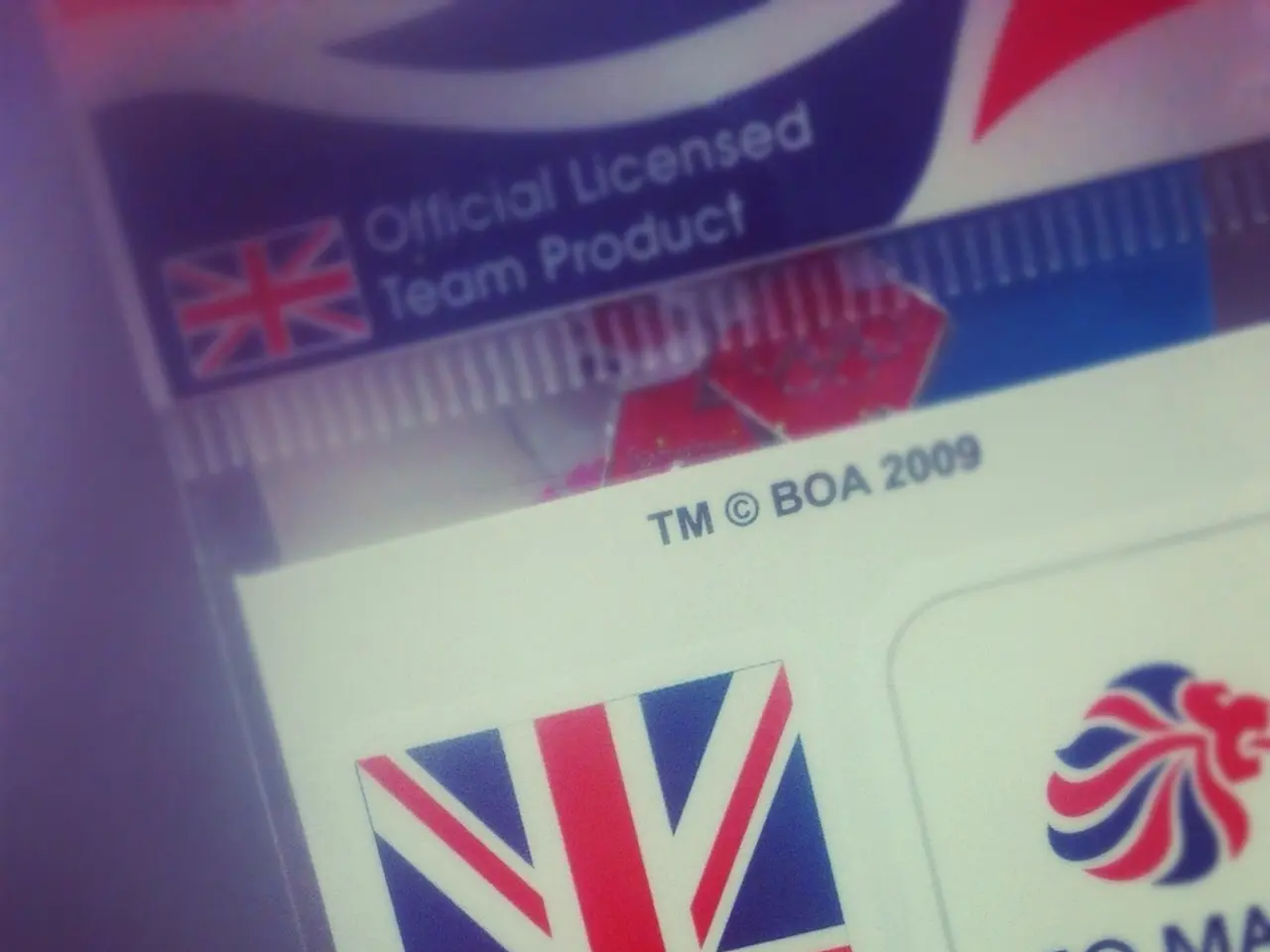Unforeseen Development Occurs
In the midst of escalating tensions in the Middle East and a surge in global oil prices, the share price of BASF, the world's largest chemical producer based in Ludwigshafen, Germany, has come under pressure. The U.S.'s recent attack on Iranian nuclear facilities over the weekend has added to the uncertainty, sending oil prices soaring and raising concerns about the impact on BASF's operations.
BASF relies heavily on a healthy global economy and affordable energy costs for its operations. The rising oil prices, particularly in 2024, have likely influenced BASF's share price, but the impact appears to be moderate based on recent analyst forecasts and company performance data.
Analysts have maintained buy or hold ratings for BASF, with price targets ranging around $12.80 to $13.00 per share. This suggests a modest upside of approximately 4% to 8% from recent closing prices, indicating that the market expects BASF to absorb current headwinds relatively well without severe deterioration in share price.
However, Deutsche Bank lowered its price target on BASF from €55 to €52 in June 2025, maintaining a Buy rating. This implies some downward pressure likely related to cost concerns or geopolitical risks but still confidence in BASF's long-term fundamentals.
BASF India reported a 26% decline in net profit in Q4 2024 with sales rising 13%, reflecting possible cost pressures amid rising input costs such as energy, which may be linked to global oil price trends. This could influence investor sentiment but hasn’t triggered a sharp fall in share price.
Despite these challenges, the overall impact on BASF's share price is moderate, with analysts maintaining their positive outlook. However, the current situation does not seem favorable for new investors to buy BASF shares, as the market jitters are growing due to the escalating tensions in the Middle East and the resulting increase in oil prices.
Investors already holding BASF shares may expect near-term headwinds but still see BASF as fundamentally stable and capable of navigating the turbulent environment. As a precautionary measure, a stop-loss for BASF's share price has been maintained at 31.00 euros to limit potential losses in the event of a significant drop in share price.
The current situation suggests that the share price of BASF may continue to be volatile due to the geopolitical tensions and oil price fluctuations. Nearly 20% of the world's oil exports pass through the Strait of Hormuz, making it a critical energy chokepoint. Any disruption in this region could further impact oil prices and BASF's share price.
In light of these developments, it is crucial for investors to closely monitor the situation and adjust their investment strategies accordingly. The chart for BASF's share may become more bearish due to the current situation, but the company's long-term fundamentals and resilience remain a positive factor for potential recovery.
[1] Financial Times, BASF share price: What you need to know, [URL] [2] Reuters, Deutsche Bank cuts price target on BASF, [URL] [3] Bloomberg, BASF India Q4 Net Profit Falls 26%, [URL] [4] Yahoo Finance, BASF SE (BASFY), [URL]
- With the ongoing geopolitical tensions in the Middle East causing oil prices to surge, the financial implications for BASF, a heavily energy-dependent company, could extend beyond its operations, impacting the general-news sector and potentially affecting the share prices of other firms in the sports and finance industries.
- Despite the current market jitters due to escalating oil prices and Middle East tensions, analysts remain positive about BASF's long-term fundamentals, suggesting a volatile but potentially recoverable share price in the sports and finance sectors.




